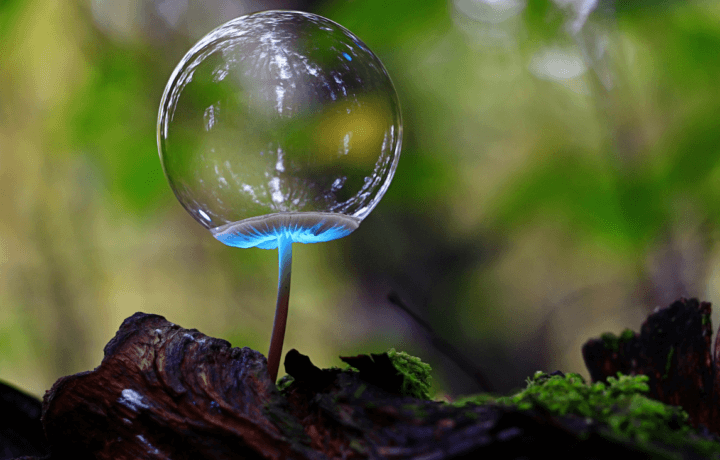Hold on to your hats folks, because today is Election Day. Not just to decide the 46th president of the United States, but also for two ‘states’ (Oregon and Washington D.C.) to vote on whether psilocybin should be decriminalized.
Psilocybin is a naturally occurring psychedelic compound produced by 200+ species of fungus. Magic mushrooms or simply ‘shrooms’ have hallucinogenic effects when eaten.
Initiative 81, or the Entheogenic Plant and Fungus Policy Act of 2020, would make arrests for cultivation and use of psychedelic plants one of the lowest law enforcement priorities for D.C. police. It also contains a clause requesting the attorney general to not prosecute anyone charged with an offense related to these plants. Comparatively, Oregon Measure 109, the Psilocybin Mushroom Services Program Initiative, proposes legalizing it for medical purposes and establishing a plan for administering the drug in clinical settings.
With state’s legalizing drugs like marijuana in recent years, what does the possible legalization of magic mushrooms mean for Oregon or D.C. residents who hold security clearances? Is it safe, or an untouchable?
THE FEDERAL LAW IS THE LAW
While legislation may be changing when it comes to certain drugs, the rules for being a clearance holder have not.
The fungus is already decriminalized in four cities, but Psilocybin is listed in Schedule I of the Controlled Substances Act, “making it illegal to cultivate or possess psilocybin producing mushrooms for either personal consumption or distribution.” In some instances, shrooms can be used for research under strict conditions with a license from the Drug Enforcement Administration (DEA).
For the usual American citizen, psilocybin mushrooms are illegal federally with the growing, possession, and sale being grounds for arrest. But federal law does not list the wide array of species of mushrooms containing psilocybin, so some individuals arrested for possession or distribution of mushrooms have claimed innocence.
CLEARANCE DENIAL SCENARIOS
One applicant falsified a questionnaire when he understated the extent of his drug use, purchases, and sales. He noted his occasional use of marijuana, but through interviews said he used the drug much more frequently and over a longer period. His justification for not disclosing this sooner? He thought his marijuana use was less significant than his use of magic mushrooms along with selling drugs. The security clearance was denied.
Another applicant continued to use marijuana for much of his adult life. While he had not used it in the past two years, he was uncertain about any future use when asked. This applicant also enjoyed magic mushroom consumption, and as far as mitigating the risk under Guideline H, the record was silent. The judge concluded that the individual could not be considered trustworthy and denied the security clearance.
PLAY IT SAFE
With the new drug subcultures and younger generations entering the workforce post-college, it’s important to mind your p’s and q’s during those days if you want a career in national security. Drug use impacts Generation Z or a millennial’s ability to maintain a security clearance and if not mitigated, can prevent you from obtaining one altogether.
Criminal conduct continues to be a frequent cause of clearance denial, so if you commit a crime like possessing psilocybin, be prepared to show passage of time and changed behavior if you’d like to obtain a clearance.




